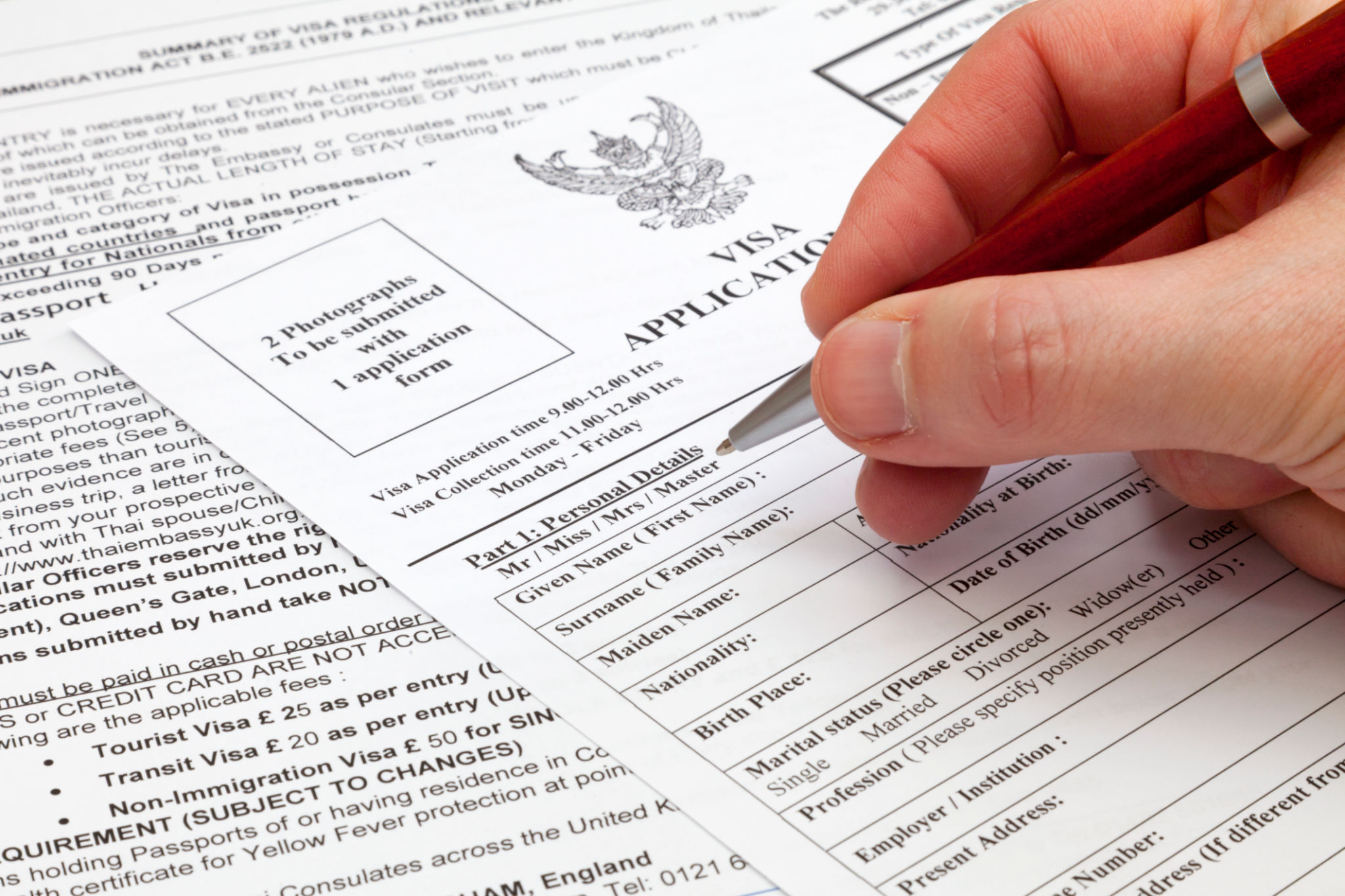How to Navigate Visa and Work Permit Applications in Thailand
Understanding the Basics of Thai Visa and Work Permit Requirements
Navigating the process of obtaining a visa and work permit in Thailand requires a clear understanding of the country's immigration laws. For expatriates planning to work in Thailand, it is crucial to distinguish between various types of visas, such as tourist, non-immigrant, and business visas, as each serves different purposes. Generally, a non-immigrant B visa is required for those intending to work in Thailand, followed by obtaining a work permit.

The process can be daunting for first-timers, but with the right information, it becomes manageable. It's essential to start by securing a job offer from a Thai company or an international company operating in Thailand, as this will be integral to your visa and work permit application.
Types of Non-Immigrant Visas
There are several types of non-immigrant visas, each tailored to specific needs. The most common is the Non-Immigrant B Visa, intended for those seeking employment. Other categories include the Non-Immigrant O Visa for dependents and retirees, and the Non-Immigrant ED Visa for students. Each visa type has its own set of requirements and application procedures.
Applying for the appropriate visa involves submitting documents such as passport copies, photographs, and a letter from your employer. It is advisable to consult with the Thai embassy or consulate in your home country for specific documentation requirements.

Steps to Obtain a Work Permit
Once you have your Non-Immigrant B Visa, the next step is to apply for a work permit. This process involves collaboration between you and your Thai employer. The employer must submit necessary documents on your behalf to the Ministry of Labor, including company registration papers and proof of your qualifications.
Your work permit application must also include your educational certificates, medical certificate, and copies of relevant visa pages in your passport. It's important to ensure all documents are accurate and complete to avoid delays.

Renewing Visas and Work Permits
Visas and work permits in Thailand are typically valid for one year, after which they must be renewed. The renewal process requires you to demonstrate continued employment and compliance with Thai immigration laws. It is advisable to begin the renewal process well in advance of expiration to prevent any legal issues.
Renewal involves resubmitting many of the initial application documents along with any updated information regarding your employment status or personal details.
Common Challenges and Tips
One of the common challenges faced by expatriates is navigating the language barrier and understanding legal terminologies. Hiring a local immigration lawyer or consultant can be beneficial in overcoming these hurdles. Additionally, keeping abreast of any changes in immigration laws is crucial as policies can change.
Another tip is to maintain a well-organized file of all documents submitted and received during the application process. This can be extremely helpful when renewing permits or if any discrepancies arise.
Conclusion
Successfully obtaining a visa and work permit in Thailand involves understanding the requirements, gathering the correct documentation, and following the procedures diligently. While it may seem challenging initially, being prepared and informed will make the process smoother.
For those considering long-term employment in Thailand, it is worth investing time in understanding the country's legal landscape, which not only aids in compliance but also enriches your experience of living and working in this vibrant country.
